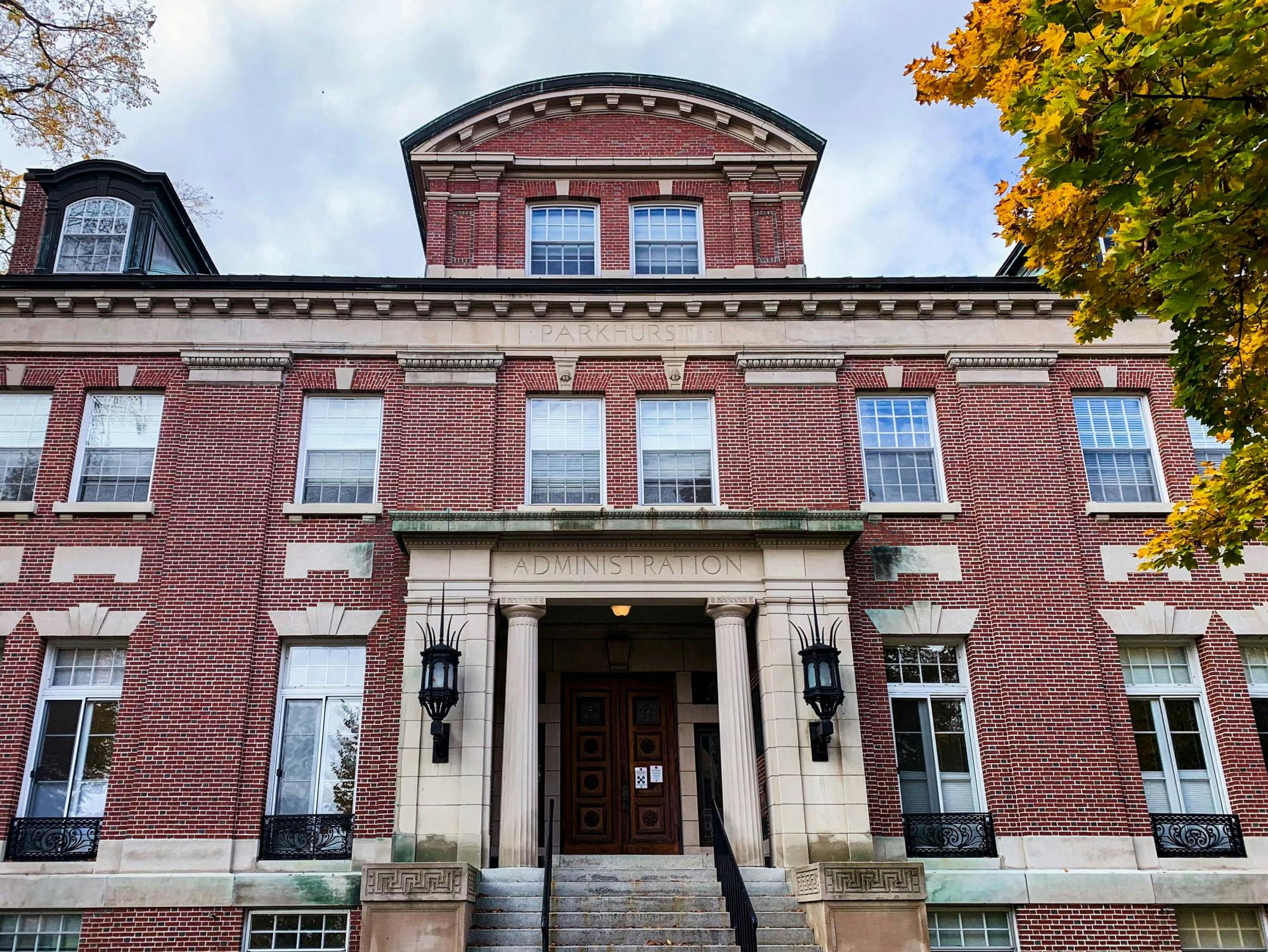Dartmouth’s endowment grew by an eye-popping 46.5% in the 2021 fiscal year that ended on June 30, 2021, the College announced on Monday afternoon. The endowment stands at $8.5 billion as of June 30, up from the $5.98 billion announced last year.
Over the past 10 years, the College’s endowment has produced annual returns of 12.8% on average. Last year, the investments yielded a 7.6% return, and the year before saw 7.5% returns. According to previous endowment reports, which go back as far as 2004, 2014 saw 19.2% growth and 2008 saw 23.7% growth. When asked about whether this year’s growth has historical precedent, College spokesperson Diana Lawrence pointed to the 12.8% average figure, but did not comment further.
Due to the double-digit growth, the College will eliminate the expected parent contribution for families making up to $65,000 when calculating undergraduate financial aid, according to the announcement. Additionally, eligible employees — those who were active on June 30 and remain active today — will receive a bonus equal to 3% of their base earnings in 2021 fiscal year by the end of the calendar year. Student workers’ hourly minimum wage will increase from $7.75 to $11.50 and graduate students who receive stipends will be awarded a $1,000 bonus.
Lawrence wrote in an emailed statement that the minimum wage increase is estimated to impact roughly 1,000 student workers, and the graduate student bonus stipend will go to between 600 and 650 students.
The endowment’s returns outpaced the stock market significantly: The S&P 500 index grew by 38.6% and the Dow Jones Industrial Average grew by 32.9% over the same period.
However, the Wall Street Journal reported on Sept. 29 that other wealthy universities’ endowments are seeing growth comparable to Dartmouth’s endowment, and several — including Brown University’s at over 50%, Duke University’s at 55.9% and Washington University in St. Louis’s at 65% — surpassed Dartmouth’s endowment growth.
Noting the Journal’s article, the Chronicle for Higher Education reported on Oct. 1 that wealthy universities are more likely to see higher returns because they have the ability to put their money in “alternative investments” like venture capital and private equity. In the announcement, College President Phil Hanlon attributed Dartmouth’s endowment growth to donor generosity, a “strong market performance” and “a talented investment office.”
Lawrence declined to comment when asked about the College’s returns compared to other institutions.
The College allocated $335 million in endowment returns to the $1.2 billion operating budget this year. In March, the College established the Infrastructure Renewal Fund to address long-standing issues such as aging dorms, campus facilities and energy systems. The IRF will allow for more than $500 million of additional renewal projects in the next decade, according to the announcement, starting with $31 million this year.
The announcement also comes shortly after the College formally announced a plan to divest from fossil fuels on Friday, noting that clean energy investments are more likely to produce higher returns.




